
- How can I save money on my car insurance?
- I was involved in an automobile accident. What should I do?
- How long does the company have to respond?
- What if their insured won’t file a claim?
- Their insured was cited by the police. Why do they have to investigate?
- I have “full coverage”. Why won’t my company pay?
- Do they owe me a rental car, and for how long?
- Can I take my car wherever I want to have it fixed?
- What if the estimates don’t match?
- Can they use non-brand name parts or used parts?
- I don’t want it fixed right now. Can they pay me the repair amount?
- They’ve declared my vehicle a total loss but won’t pay me enough to replace it. Is this legal?
- What is Gap Insurance and why do I need it?
How can I save money on my car insurance?
Here are several ways to save money on car insurance while maintaining safe levels of coverage: Chose the right car: Before you buy a car, check with your agent to see how much the rate for the car you have chosen will be, and if the premium and the car payment fit your budget.
Choose a higher deductible: Your insurance premium can be decreased if you increase your portion of the risk. Raising your collision and comprehensive deductibles from $250 to $500 or higher can save you nearly half the cost. You do need to be aware that you will have to pay the higher deductible any time you use these coverages.
Take advantage of special discounts: Ask each company what special discounts it offers. Discounts are available to young drivers who are good students or have taken a drivers’ education course. Discounts are also available to seniors through a variety of programs.
Eliminate duplicate coverages: You may have an overlap in coverage, such as medical coverage and health care, or collision and uninsured motorist property damage Ask your agent to explain what each coverage offers.
Shop around: Because each company’s rates are based on its own loss experience, the premium charged by different companies can be different for the same driver. However, the cheapest insurance isn’t necessarily the best. Make sure you tell the agent if you have any special equipment or additional drivers. [top]
I was involved in an automobile accident. What should I do?

- Notify the police to file an accident report.
- Notify your company or agent if necessary.
- Find your automobile policy and read it. [top]
How long does the car insurance company have to respond?
 Each state is unique, however, generally speaking an insurer (insurance company) shall complete its investigation within thirty days after notification of a claim, unless such investigation cannot reasonably be completed within that time. If an insurer is unable to contact or locate its policyholder, the investigation may take longer. If they can’t complete the investigation within 30 days they are required to keep you updated on the progress of their investigation. [top]
Each state is unique, however, generally speaking an insurer (insurance company) shall complete its investigation within thirty days after notification of a claim, unless such investigation cannot reasonably be completed within that time. If an insurer is unable to contact or locate its policyholder, the investigation may take longer. If they can’t complete the investigation within 30 days they are required to keep you updated on the progress of their investigation. [top]
What if the other party won’t file an auto insurance claim?
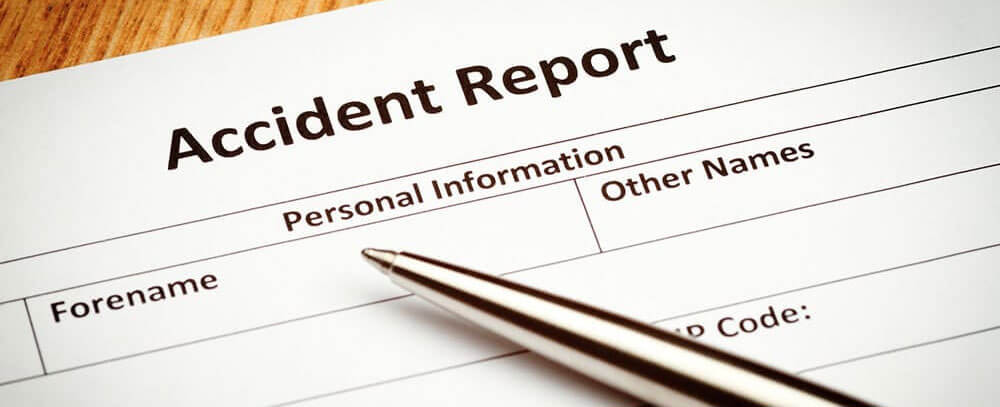
You cannot force an insured (the person who is named on the insurance policy, also called the policyholder) to file a claim but every insurer, upon receiving notification of a claim, shall respond within ten working days to acknowledge the receipt of such notice unless a payment has been made within that period of time. They also must provide claim forms and help in having their insured report the claim. [top]
Their insured was cited by the police. Why do they have to investigate?
A traffic citation is not a determination of legal liability. The company is obligated to investigate claims made according to policy language. It is possible that there may be more one person at fault and the liability would be shared. [top]
I have “full coverage”. Why won’t my company pay?
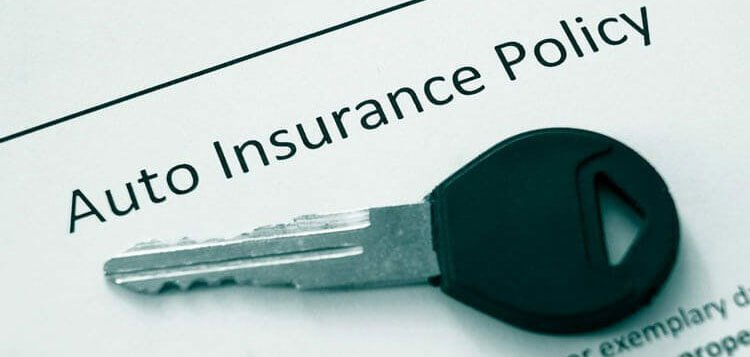
There is no definition of “full coverage” so often there are misunderstandings. Read the declarations page you get from you company at renewal time and see what coverages are listed that have a price beside them. Those are the coverages that you have. Towing, rental, and extended coverage for special stereo or other equipment are additional coverages you must request. [top]
Do they owe me a rental car, and for how long?
If the other party’s insurance is accepting liability, you are entitled to be compensated for the loss of use of your vehicle for a reasonable length of time while it is under repairs or not drivable. If your vehicle is considered a total loss, case law does not require the company to provide you loss of use, however, it is usual company practice to provide loss of use until the first offer is made for a total loss settlement amount. If your company is handling the damages you must have rental coverage on your policy to obtain a rental car. [top]
Can I take my car wherever I want to have it fixed?
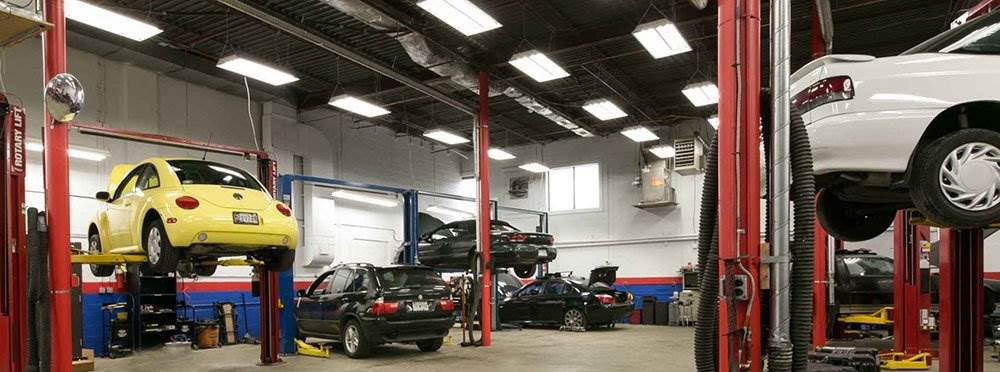
You are free to choose the shop you want to do the work. However, the insurer owes only the going rate for repairs in your area. Therefore, if the shop you chose charges a higher labor rate, you may end up paying the difference. [top]
What if the estimates don’t match?
The repair shop generally works with the adjuster to handle any “supplementals” (additional costs) that occur due to hidden damage or parts price differences. If the company and the shop can’t agree, it is the responsibility of the company to provide the name of a repair shop that will repair your vehicle for the amount of the estimate. The repair shop the company suggests must not be an unreasonable distance from where you live. [top]
Can they use non-brand name parts or used parts?
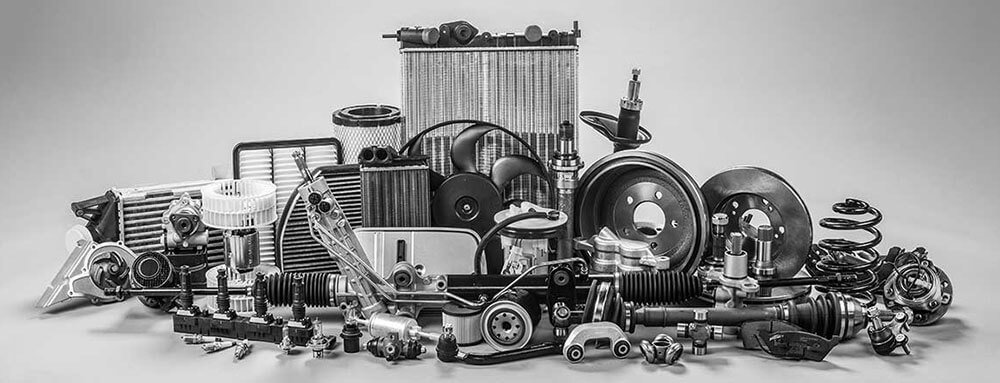
The company owes you repair or replacement with like kind and quality parts, not necessarily new parts. If the parts and repairs are guaranteed by the repair shop, and are in the same condition as the parts damaged, they conform to the repair requirements. If you insist on certain parts you may have to pay the additional cost. [top]
I don’t want it fixed right now. Can they pay me the repair amount?
Companies have differing policies regarding payment of damage amounts. Your company may have policy language regarding whether it is necessary to repair your vehicle, or to make the draft payable to a lien holder or a body shop and the owner. If the other party’s company is paying they are required to pay either the registered owner or the lien holder, or both. A direct payment to the owner usually will not allow for any supplemental payments for addition damage. [top]
They’ve declared my vehicle a total loss but won’t pay me enough to replace it. Is this legal?
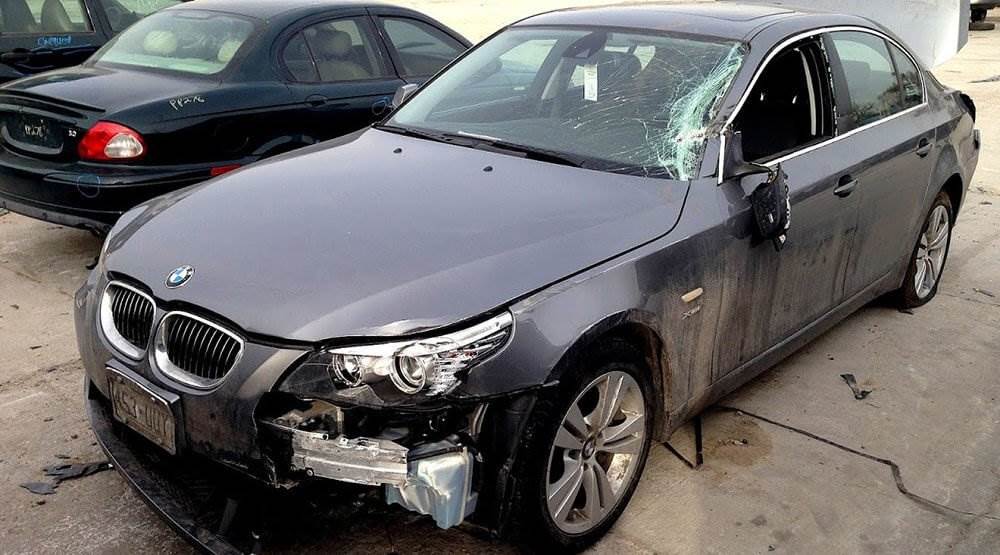
The company owes you the fair market value of your vehicle (before the accident) in your local area. You can determine this amount by using dealer quotes and/or newspaper adds or other auto sales publications, as long as the vehicle being sold is comparable to yours in mileage, condition, options, etc. In addition they will pay you sales tax on the value of your vehicle, and pay the unused portion of your registration fees. You may have the option of purchasing your damaged vehicle as salvage, and paying the company the amount they would get if they sold it to a wrecker. [top]
What is Gap Insurance and why do I need it?
GAP Insurance protects the customer if something happens to the lease vehicle during the lease that requires the lease to be paid in full. For example, if your car was stolen and not recovered, your insurance company might say that your car was worth $15,000 based on current used car prices. Your payoff on your lease might be $18,000. If you don’t have GAP Insurance you are responsible for that $3,000 difference. Most people in a lease are in this negative equity position. Many dealers will try to sell you this coverage for about $500 – don’t fall for it.
Like so many things, the idea of GAP Insurance is a good one. You just shouldn’t pay the dealer a huge profit for printing a form. Many lease companies include GAP insurance with their lease agreements at no additional cost. Also, many insurance companies will now let you pick up GAP coverage or Auto Loan/Lease Pay-off coverage for a small fee (about $40 per year) on your regular auto insurance. [top]

